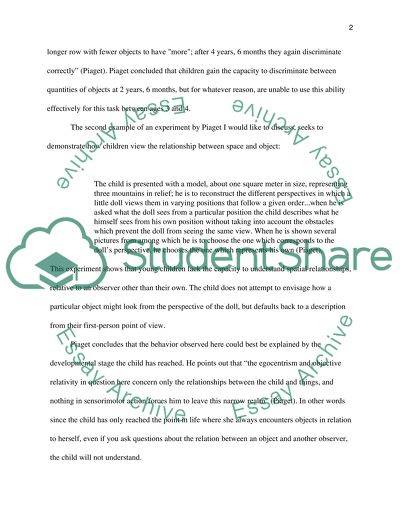Cite this document
(“Behaviorism vs. Cognitivism Essay Example | Topics and Well Written Essays - 1000 words”, n.d.)
Retrieved from https://studentshare.org/philosophy/1393531-writer-s-choice
Retrieved from https://studentshare.org/philosophy/1393531-writer-s-choice
(Behaviorism Vs. Cognitivism Essay Example | Topics and Well Written Essays - 1000 Words)
https://studentshare.org/philosophy/1393531-writer-s-choice.
https://studentshare.org/philosophy/1393531-writer-s-choice.
“Behaviorism Vs. Cognitivism Essay Example | Topics and Well Written Essays - 1000 Words”, n.d. https://studentshare.org/philosophy/1393531-writer-s-choice.


